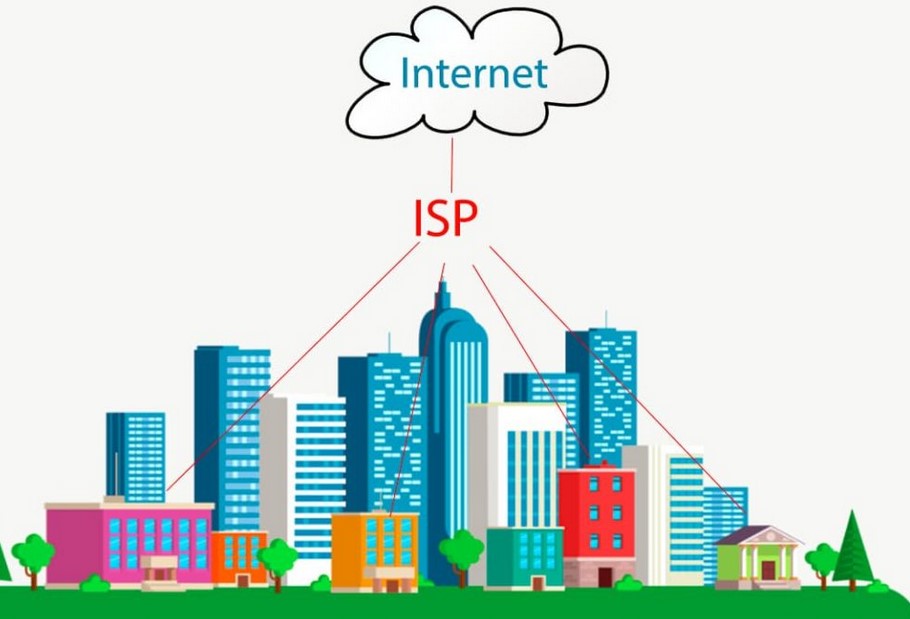Who is an Internet Service Provider (ISP)
An Internet Service Provider (ISP) is a company or an organization that provides internet access and other related services to individuals and business organizations. ISPs have the necessary equipment and access to a telecommunication line required to establish a point of presence on the internet for the area they serve.

How do ISPs work?
An internet service provider is connected to one or more high-speed lines. ISPs are classified into several tiers. Let us take a closer look at how they operate and provide internet services to end users.
Tier 1: These ISPs have the highest global reach and own enough network lines to transmit the majority of traffic independently. They do not pay anyone for internet access but they do invest heavily in infrastructure development.
Tier 2: These ISPs have a national or local reach and serve as service providers for tier 1 and tier 3 ISPs. They pay for internet access to tier-1 networks. But also share bandwidth with several other tier 2 ISPs.
Tire3: These ISPs connect end-users to the internet through another ISP’s network and pay the higher tier ISPs for internet service access. They mainly focus on providing internet services to local businesses and consumers
Things You Should Consider Before Choosing an ISP
As we live in the age of the Internet, it has become a vital part of our lives. The use of the internet is beyond our imagination. In our day-to-day lives, we are indeed completely revolving around the internet.
We use it for listening to songs, watching movies, using social media, and communicating with people. To have these things in a very smooth way, we need a good internet connection. And this can be done when you have a good internet service provider. You can find a good ISP if you know what to look for before choosing.

1. Know about the type of internet connection your ISP is providing
There are different connections available for internet access. Each connection offers its speed range. You can choose based on your requirement. It could be for your usage, home, or for business.
The most commonly available internet connections include the following:
-
Digital Subscriber Line (DSL)
-
Cable Modem
-
Fiber
-
Wireless
-
Satellite
-
Broadband over Powerlines (BPL)






